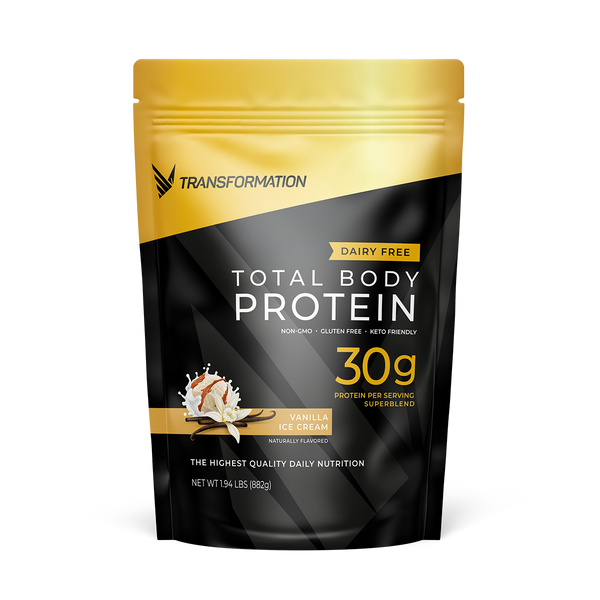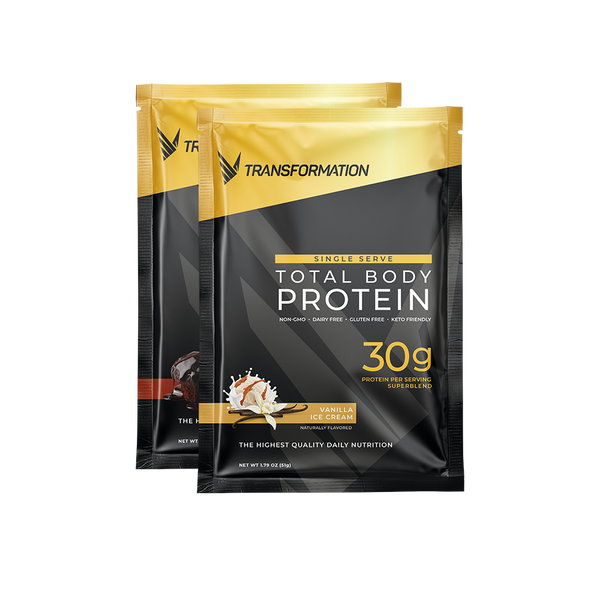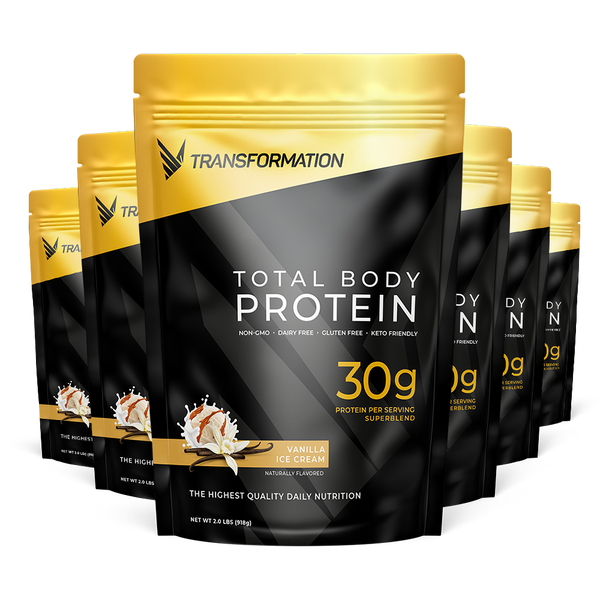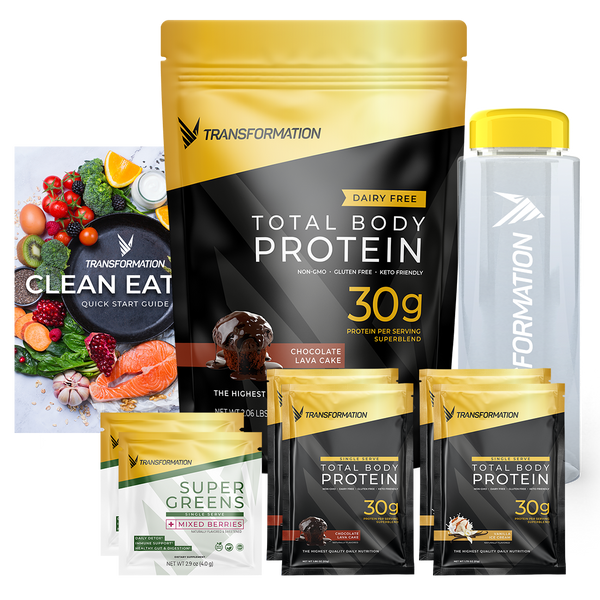
Look and Feel Your Best: Nutrition Strategies for a Radiant You (After 40)
Our bodies change subtly as we age, and our nutritional needs evolve along with them. The dietary strategies that fueled us in our younger years might not provide the same level of support now. This isn't a reason for discouragement but rather an exciting opportunity to refine our approach and embrace a "food as fuel" philosophy. This new chapter is the perfect time to refine your approach to fitness and unlock a vibrant, energized future.
Building a Balanced Plate: Macronutrients and Micronutrients
Let's break down the building blocks of a healthy diet:
Macronutrients: These are the big players, providing your body with energy and supporting various functions.
Protein: As we age, our bodies naturally lose muscle mass, making protein even more crucial in our 40s. It acts as the building block for muscle tissue, aiding in repair and maintenance. Aim for 0.8-1 gram of protein per kilogram of body weight per day.
Excellent protein sources include:
- Lean meats and poultry: Chicken breast, turkey breast, fish (salmon, tuna), and lean cuts of beef and pork.
- Eggs: A complete protein source packed with essential amino acids.
- Dairy products: Greek yogurt, low-fat cheese, and milk offer protein alongside calcium and vitamin D.
- Plant-based protein sources: Legumes (beans, lentils), tofu, tempeh, and quinoa are excellent options for vegetarians and vegans.
Carbohydrates: Not all carbs are created equal. Choose complex carbohydrates that provide sustained energy throughout the day. These include:
- Whole grains: Brown rice, quinoa, oats, whole-wheat bread, and barley offer sustained energy, fiber, and essential vitamins and minerals.
- Fruits and vegetables: These are packed with vitamins, minerals, antioxidants, and fiber, all crucial for overall health.
Healthy Fats: Don't shy away from healthy fats. They play a vital role in hormone health, heart health, and satiety. Opt for sources like:
- Unsaturated fats: Avocados, nuts (almonds, walnuts), seeds (chia, flax), and olive oil are rich in these "good fats." They lower bad cholesterol, contribute to cell health, and keep you feeling fuller for longer.
Remember, limiting simple carbohydrates found in sugary drinks, processed foods, and refined grains is essential for maintaining healthy blood sugar levels and avoiding energy crashes. Additionally, limiting unhealthy fats found in fried foods, processed meats, and fatty cuts of meat is crucial for heart health and overall well-being.
Calcium and Vitamin D: This dynamic duo forms the bedrock of strong bones and teeth.
- Calcium: Found abundantly in dairy products like milk, cheese, and yogurt, as well as leafy green vegetables (kale, collard greens) and fortified foods. Calcium deficiency can lead to osteoporosis, a condition that weakens bones and increases the risk of fractures.
- Vitamin D: Often nicknamed the "sunshine vitamin," it plays a crucial role in calcium absorption and bone health. While our bodies can synthesize vitamin D through sun exposure, factors like age, skin pigmentation, and sunscreen use can limit this process. Fatty fish (salmon, tuna), egg yolks, and fortified foods like cereals and milk are excellent dietary sources of vitamin D. A deficiency in vitamin D can not only contribute to bone issues but also weaken the immune system and increase the risk of falls.
Vitamin B12: This vital vitamin is essential for:
- Energy production: It helps convert food into energy, keeping you feeling energized throughout the day.
- Red blood cell formation: B12 plays a crucial role in the production of red blood cells, which carry oxygen throughout the body. Deficiency can lead to fatigue, weakness, and shortness of breath.
- Cognitive function: B12 is essential for maintaining a healthy nervous system and supporting cognitive function. Deficiency has been linked to memory problems, depression, and dementia.
Vitamin B12 is naturally found in animal products like meat, poultry, fish, eggs, and dairy. However, vegetarians and vegans, as well as individuals with certain medical conditions, may need to consider supplementation to ensure adequate intake.
Iron: This mineral is crucial for:
- Oxygen transport: Iron is a key component of hemoglobin, the protein in red blood cells that carries oxygen throughout the body.
- Energy production: Adequate iron levels are essential for maintaining energy levels and preventing fatigue.
- Muscle function: Iron plays a role in muscle function and metabolism.
There are two main types of iron: heme iron, found in animal products like red meat, poultry, and fish, and non-heme iron, found in plant-based sources like beans, lentils, tofu, and fortified cereals. Non-heme iron is less readily absorbed by the body, so pairing it with a source of vitamin C (citrus fruits, bell peppers) can enhance absorption. Iron deficiency, especially common in women over 40 due to menstruation, can lead to fatigue, weakness, shortness of breath, and anemia.
Beyond the Essentials
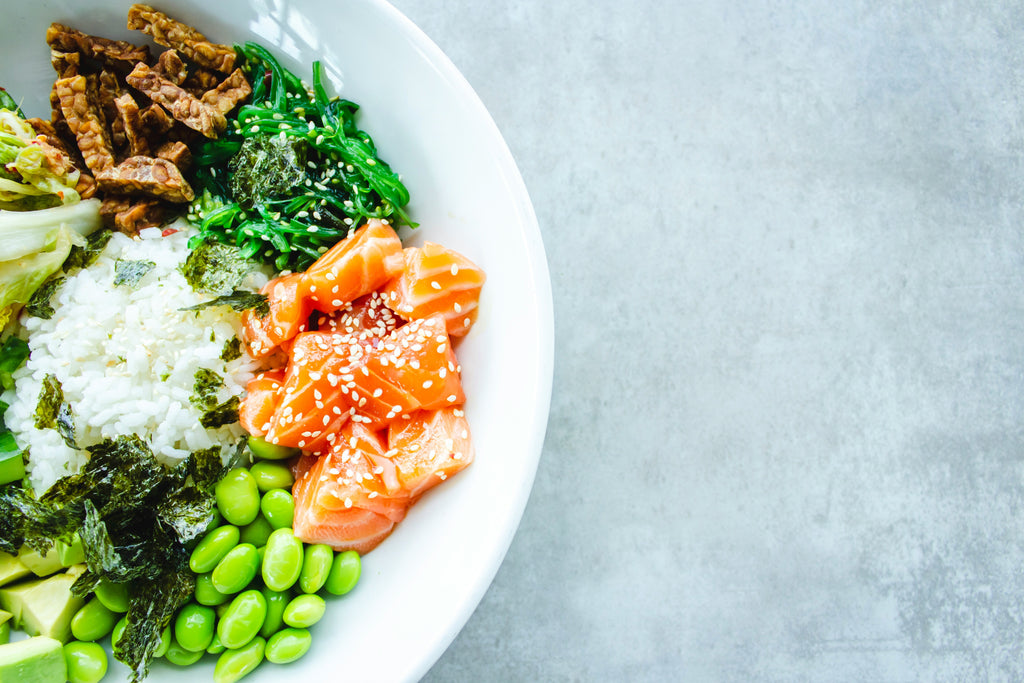
While these are key players, don't forget about other beneficial nutrients:
Omega-3 fatty acids: These essential fats offer a multitude of benefits, including:
- Heart health: Omega-3s play a vital role in maintaining healthy cholesterol levels, reducing inflammation, and protecting against heart disease.
- Brain function: Evidence suggests that omega-3s can support cognitive function, memory, and learning, potentially reducing the risk of age-related cognitive decline.
- Reduced inflammation: Chronic inflammation is linked to various health issues. Omega-3s possess anti-inflammatory properties, helping to combat inflammation and potentially reducing the risk of chronic diseases.
Excellent sources of omega-3 fatty acids include:
- Fatty fish: Salmon, tuna, sardines, mackerel, and herring are all rich in omega-3s, particularly EPA and DHA.
- Plant-based sources: While containing a different type of omega-3 (ALA), flaxseeds, chia seeds, and walnuts can contribute to your overall omega-3 intake.
Vitamin K: This essential vitamin plays a crucial role in:
- Blood clotting: Vitamin K is necessary for the production of proteins involved in blood clotting, helping to prevent excessive bleeding.
- Bone health: Vitamin K works alongside vitamin D and calcium to promote strong bones and may reduce the risk of fractures.
Leafy green vegetables like kale, spinach, and collard greens are excellent sources of vitamin K. Additionally, fermented foods like natto and sauerkraut contain vitamin K2, a beneficial form produced by bacteria during the fermentation process.
This essential mineral plays a vital role in:
- Immune function: Zinc supports the development and function of immune cells, helping your body fight off infections and illnesses.
- Wound healing: Zinc is involved in the tissue repair process, aiding in wound healing and recovery.
- Hormone production: Zinc plays a role in the production and regulation of various hormones, including testosterone and insulin.
Oysters are the richest dietary source of zinc, followed by red meat, poultry, nuts (cashews, almonds), beans, and lentils.
Navigating Portion Sizes and Dietary Guidelines:
While these are key nutrients, remember that individual needs can vary. Consulting a registered dietitian or healthcare professional can help personalize your dietary plan.
However, some general guidelines can help you get started:
- Recommended dietary guidelines: The MyPlate (US) or similar national recommendations can offer a framework for building balanced meals.
- Portion control: Use measuring cups and spoons, especially when starting out, to get a sense of appropriate portion sizes.
Meal Planning and Healthy Habits for Your Busy Life

Eating healthy doesn't have to be complicated. Here are some tips to make healthy choices even easier:
- Meal prepping and batch cooking: Plan your meals and prepare them in advance to save time and avoid unhealthy temptations.
- Healthy snack ideas: Keep readily available, healthy snacks like fruits and vegetables with nut butter or hummus, yogurt with berries and granola, hard-boiled eggs, trail mix, or whole-wheat crackers with cheese.
- Mindful eating: Slow down, savor your food, and pay attention to your hunger and fullness cues. This can help you avoid overeating and make more conscious choices about what you eat.


